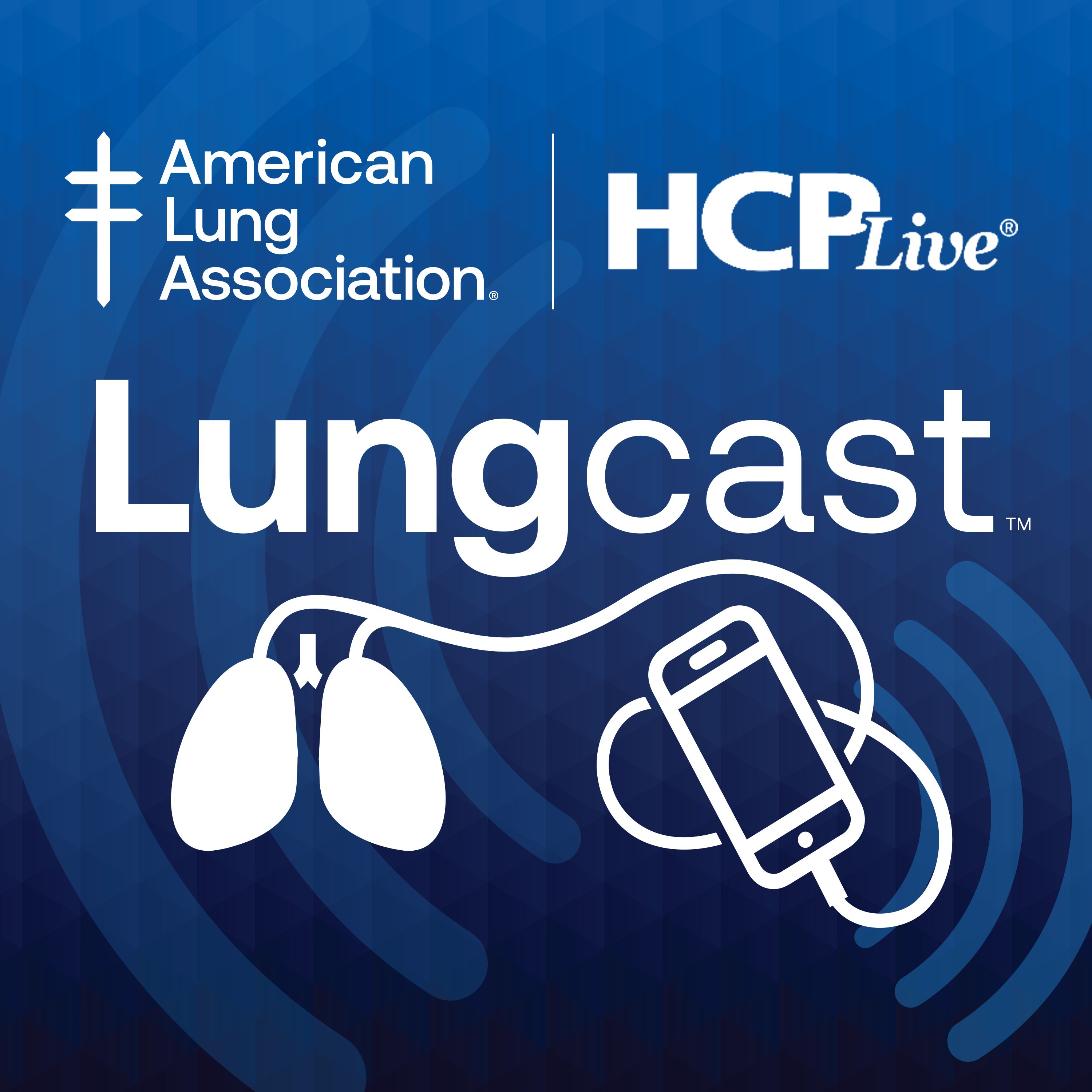Article
COVID-19 Vaccination Linked to Improved Sleep for Patients with IBD, Arthritis
Author(s):
A longitudinal, observational study shows chronic inflammatory disease patient scores for anxiety and sleep disturbance were bettered following doses of a SARS-CoV-2 vaccine.
Patricia Katz, PhD

Sleep disturbances in individuals with chronic inflammatory diseases—a common burden among such patients—were significantly decreased among those who received SARS-CoV-2 vaccination, according to new research.
In data collected from a team of US investigators, overall measures of sleep disturbance and anxiety were decreased among patients with chronic inflammatory diseases who received 2 doses of a SARS-CoV-2 vaccination. The cohort analysis findings would suggest a positive correlation between mental wellbeing and vaccination against COVID-19, especially given this patient population’s decreased likelihood to consider such a vaccine and their concern for infection risk.
Led by Patricia Katz, PhD, of the University of California School of Medicine Division of Rheumatology, investigators sought to interpret patient-reported outcomes for mental, social, and sleep-related health among patients with chronic inflammatory diseases who received SARS-CoV-2 vaccination. As they noted, this population of immunocompromised individuals may have suffered from increased psychosocial burden through the COVID-19 due to their high-risk status.
“This additional burden of anxiety during the pandemic may restrict patients with (chronic inflammatory disease) from social interaction and outdoor exercise and negatively impact their perceptions, which could further impact PROs factors including physical function, fatigue, anxiety, depression, sleep disturbance, social participation, pain interference and pain intensity,” they wrote.
Katz and colleagues used data from a prospective cohort analysis of patients with chronic inflammatory disease receiving SARS-CoV-2 mRNA vaccination at sites across the Washington University School of Medicine and BJC Healthcare system in St. Louis, and the University of California, San Francisco (UCSF), UCSF Health, and Zuckerberg San Francisco General Hospital. They conducted a longitudinal, observational analysis of patients specifically diagnosed with a chronic inflammatory disease, who were assessed at each of baseline (before vaccination) and following their 2 dose regimens.
Trial participants were asked to complete surveys 7 – 10 days after each of their vaccine doses; those with history of allergy to vaccination, Guillan-Barre diagnosed post-vaccination, an acute illness within 72 hours before vaccination, history of uncontrolled HIV or cancer, any other chronic uncontrolled illnesses, history of excessive alcohol or drug use, recipient of any blood products or immunoglobulin 90 days after vaccination, or had received any other vaccine 60 days after the vaccination visit were excluded from the assessment.
Investigators sought a primary outcome of scores from the 7 patient-reported outcome measures of the Patient Reported Outcome Measurement Information System Profile, a 29-item tool that includes 4-item scales for 7 domains including physical function, fatigue, anxiety, depression, sleep disturbance, social participant, and pain interference, plus a 1-item pain severity prompt.
The team had completed questionnaires from 214 participants at baseline; 266 after dose 1; and 287 after dose 2. Approximately three-fourths (72%) of participants were female; mean patient age was 48.1 years old. The most common chronic inflammatory diseases were inflammatory bowel disease (32.3%), rheumatoid arthritis (25.5%), and spondyloarthritis (19.4%) The majority administered vaccine was Pfizer’s BNT162b2.
Katz and colleagues observed significant improvements in sleep disturbance after both doses of SARS-CoV-2 vaccinations compared to baseline—mean score difference from baseline to post-second dose was -2.5 (95% CI, -3.4 to -1.6). Additionally, anxiety improved following the second vaccine dose.
When stratifying outcomes based on levels of participant baseline anxiety, investigators observed greater improvement in anxiety following the second dose in the group with higher baseline scores (-5.4; 95% CI, -7.2 to -3.6) than lower baseline scores (-0.3; 95% CI, -1.3 to 0.7). Scores were similarly improved for fatigue, social participation and sleep disturbance after the second dose in participants with high baseline anxiety scores.
Investigators believe the findings suggest COVID-19 vaccination “may play a role greater than protection from illness by improving mental health.”
“Particularly, the clear improvement in sleep disturbance upon vaccination is important for myriad reasons but has not previously been tracked or reported in this population,” they wrote. “It is a critical area of research as sleep impacts immune function, affects the stress-sleep link, can prevent disruptions of social relationships, improves quality of life, and helps with coping.”
The team concluded that patient-reported outcomes in mental health and wellbeing overall were improved among those with chronic inflammatory disease completing a full SARS-CoV-2 vaccine regimen, with the prophylactic practice potentially serving as a mean of improved sleep health for such high-risk patients during the pandemic.
“Upon the rollout of SARS-CoV-2 booster vaccinations, it would also be of interest to study how (patient-reported outcomes) have changed over a longer period of time, and as rules regarding community precautions such as mask-wearing have similarly changed,” they suggested.
The study, “Sleep disturbance improves with SARS-COV2 vaccinations in patients with Chronic Inflammatory Disease,” was published online in Arthritis Care.





